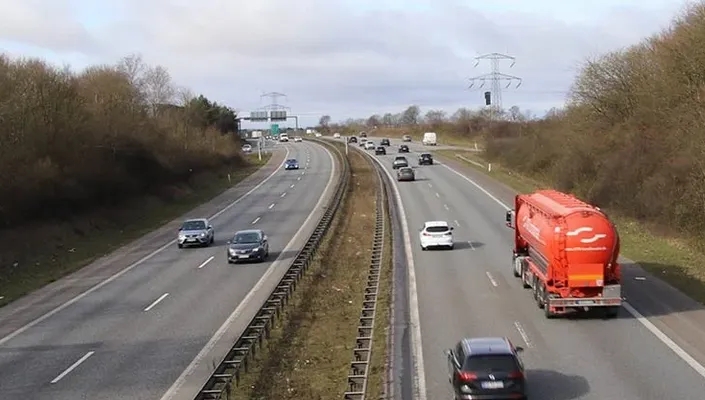
Aggregate Industries has been rebranded to Holcim UK as part of a strategic shift to provide the highways sector with access to the latest sustainable building solutions.
Holcim UK’s strategic focus centres on making sustainable construction a reality, focusing on decarbonisation, nature, circularity and innovation. Its aim is to reduce its impact on the planet, in addition to driving positive change for the industry through sustainable solutions.
The consolidation comes as the highways sector faces the challenge of reducing emissions produced by the maintenance and construction of highways, aligned with National Highways’ target of producing associated Net Zero emissions by 2040.
Alongside a target to accelerate green growth, Holcim UK is committed to expanding the uptake of sustainable building materials in the UK. Currently a third of its turnover comes from sustainable products and it is aiming to continue to increase this in the next five years.
Key to this will be circular product innovation through construction demolition materials (CDM), targeting an increase of CDM used in products from 2 million tonnes to more than 5 million tonnes by 2030.
The presence in the UK market has already seen the launch of product ranges such as ECOPact low carbon readymix concrete, ECOPlanet range of low carbon cement, and its ECOCycle range of products, which are made from at least 10% recycled materials.
Holcim UK has also identified the specific areas where the construction sector needs to focus its efforts to overcome pressing sustainability challenges in its new report Making Sustainable Construction a Reality. Exploring the areas of decarbonisation, circular economy and waste reduction, smart construction, people and communities, and nature and biodiversity, the organisation is aiming to provide the wider industry with a series of steps that should be taken to progress towards making sustainable construction a reality.








